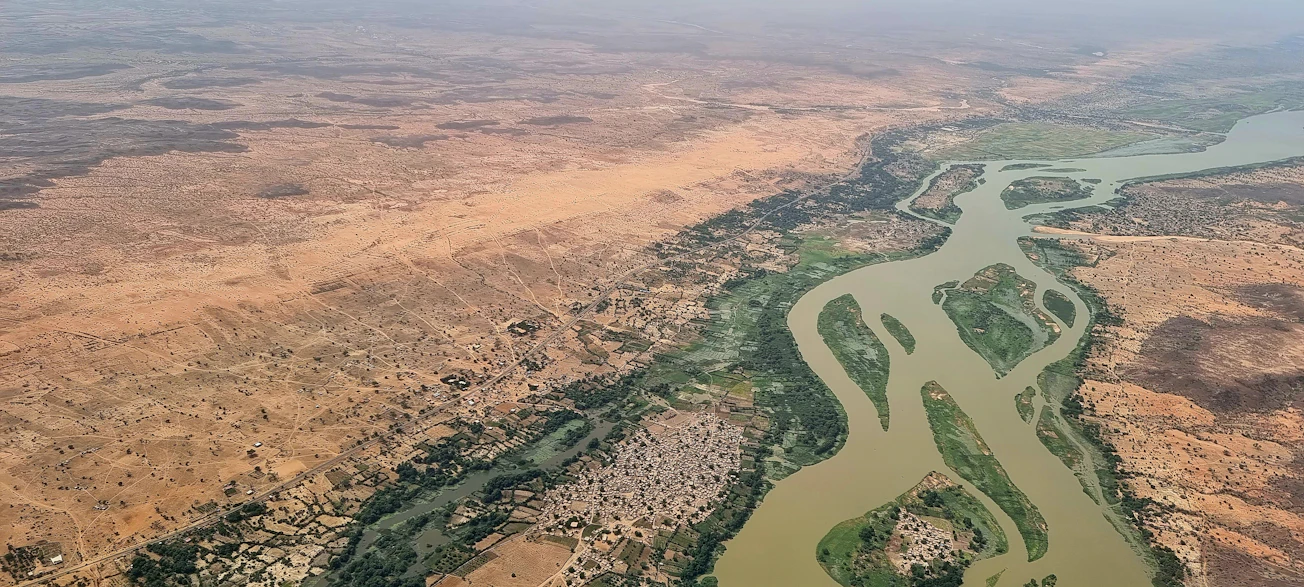Introduction
The death of Abu Huzeifa, a senior Islamic State in the Greater Sahara (ISGS) commander, has made headlines due to his involvement in one of the deadliest attacks on US forces in Africa. This article delves into the growing insecurity in the Sahel region, examines Abu Huzeifa's background, and what his demise means for the fight against terrorism in the region.
Growing Insecurity in the Sahel Region
The Sahel region is facing a severe insurgency problem led by jihadi groups affiliated with Al-Qaeda and the Islamic State. This has been going on for more than a decade, and it poses a significant threat to the security and stability of Mali and Niger.
Mali has experienced two coups since 2020, which has created a favorable environment for extremist groups to rise, making it difficult for the country to combat the insurgency effectively. The current leadership, under Colonel Assimi Goita, has pledged to end the violence, but they have sought out alliances with unconventional partners.
Tuareg armed groups have played a complex role in Mali's security landscape. Some of these groups have aligned themselves with the Malian state and actively participated in operations against jihadi groups. However, some others have been involved in separatist movements and have occasionally collaborated with extremist organizations. The leader of a Tuareg armed group that is allied with the state confirmed their involvement in the operation that led to Abu Huzeifa's death.
Moreover, the decision to sever ties with France and the US and form an alliance with the Russian-backed Wagner Group has further hindered efforts to combat terrorism over the past couple of years.
Abu Huzeifa and the Tongo Tongo attack
Abu Huzeifa, also known by the alias Higgo, was a prominent commander in ISGS, an affiliate of the Islamic State group. He gained notoriety for his role in carrying out the 2017 assault on US and Nigerien forces in Tongo Tongo, Niger, which resulted in the deaths of four American Green Berets and four Nigerien soldiers conducting a joint patrol in the area.
The attack sent shockwaves through both the United States and Nigerien militaries. It was the most significant loss of American troops during combat in Africa since the infamous "Black Hawk Down" incident in Somalia in 1993. Abu Huzeifa played a crucial role in planning and executing this deadly ambush.
Following the Tongo Tongo attack, the US military scaled back its operations with local partners in the Sahel region. The incident served as a wake-up call, highlighting the vulnerability of US forces in the face of a determined and well-organized insurgency. It also sheds light on the need for increased intelligence sharing, training, and resources to counter the growing threat in the region—something Mali continues to struggle with.
Abu Huzeifa’s Death and its Impact on the Fight Against Terrorism
The Malian army has confirmed the death of Abu Huzeifa and has broadcast a picture of him on state television. In the photo, Abu Huzeifa is seen wearing military fatigues, sporting a long black beard, and holding a machine gun. This killing is a significant blow to ISGS and is considered a major victory for the Malian security forces.
In the short term, Abu Huzeifa's death may lead to a decrease in violence against civilians. However, the threat of other extremist leaders stepping up to fill the void remains very high. The long-term impact of this event will depend on the ability of the Malian security forces and their partners to sustain the momentum and disrupt the operations of extremist groups in the Sahel region.
Conclusion
The killing of Abu Huzeifa, a prominent commander of the Islamic State group, is a significant milestone in the fight against terrorism in the Sahel region. His involvement in the fatal attack on US and Nigerian forces in Tongo Tongo drew attention to the increasing threat posed by jihadi groups in Mali and Niger. Although his death may temporarily decrease violence against civilians, the root causes of extremism and political instability in the region must be addressed to achieve long-term peace and security. International support and collaboration remain critical in the ongoing efforts to combat the insurgency and prevent the emergence of new extremist leaders. Still, Mali’s overreliance on the Wagner Group may hinder its efforts to do so.










